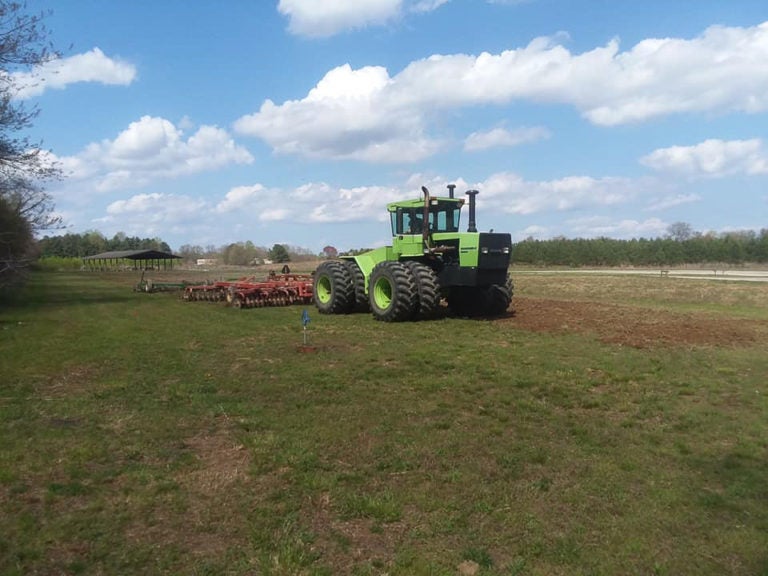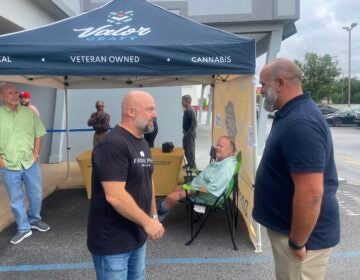Delaware Boy Scouts offering ‘victory gardens’ to help ease burden
‘Victory gardens’ are making a comeback as part of an effort to help people impacted by coronavirus.

Land for the Boy Scouts' Victory Garden is being prepared for planting at the Akridge Scout Reservation near Dover, Delaware. (Boy Scouts of America, Del-Mar-Va Council)
More than 100 years ago, the Boys Scouts of America jumped into action during World War I to plant “victory gardens” in support of the war effort. The group even adopted the motto: “every scout to feed a soldier.” Over two growing seasons, BSA established 12,000 scout farms around the country and started handing out medals for gardening.
Now, victory gardens are making a comeback. As part of an effort to help people impacted by coronavirus, the Boy Scouts of America, Del-Mar-Va Council is offering plots at the Akridge Scout Reservation in Delaware for residents to plant their own gardens.
“Given the economic hardships that many families are currently facing and will be facing in their future, I think a victory garden wouldn’t be too bad of an idea,” said Robert Nakagawa, scout executive for the Del-Mar-Va Council. “We have a property, right there in Dover, that is easily accessible, especially to families living nearby, that could use extra land to plant a decent-size garden.”
Garden plots that measure 10 ft. by 20 ft. are available at the reservation, which is situated on 85 acres of a former family farm just west of Dover Air Force Base. The plots can be rented for $25 a season, which includes watering, use of tools, mulch and seeds or sprouts.
Nakagawa hopes to get plants in the ground by mid-May. “We’ll maintain the social distancing,” he said. “We’re currently working on getting that part of the property disked, tilled and getting soil samples.”
While scouts themselves are doing at-home activities through the scouting-at-home online hub, the current crisis is also providing lessons itself. “In Scouts, we teach them to ‘be prepared,’” he said.
Even if things start to get back to normal in the coming months, there will likely be residual economic impacts that can be mitigated some by the victory gardens. “Even if stores have the food available, considering the huge spike in unemployment that we’re seeing, people are going to have to make choices and having vegetables readily available … it could be something that could literally put food on their table.”
He said any excess food that is generated could be made available to local food banks.
WHYY is your source for fact-based, in-depth journalism and information. As a nonprofit organization, we rely on financial support from readers like you. Please give today.





![CoronavirusPandemic_1024x512[1]](https://whyy.org/wp-content/uploads/2020/03/CoronavirusPandemic_1024x5121-300x150.jpg)


